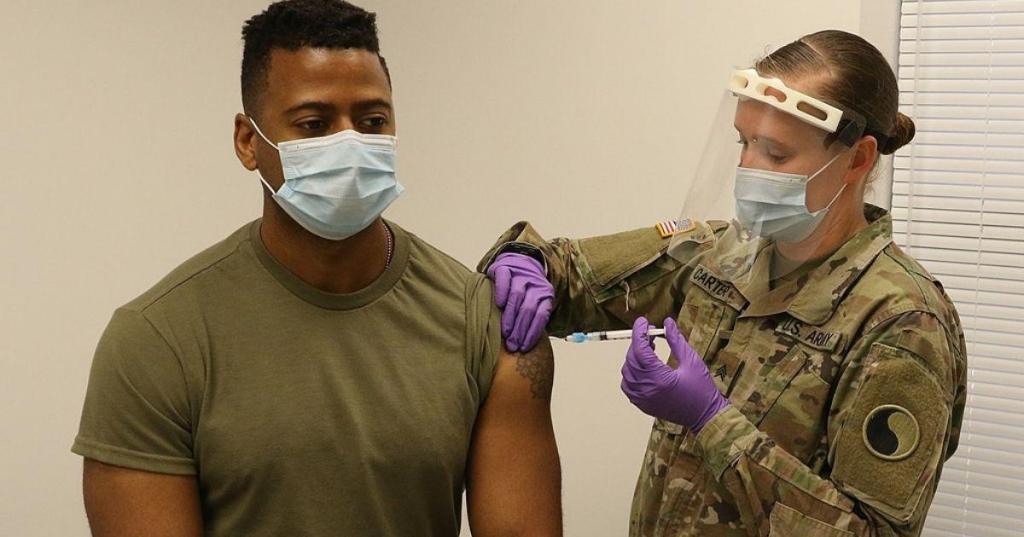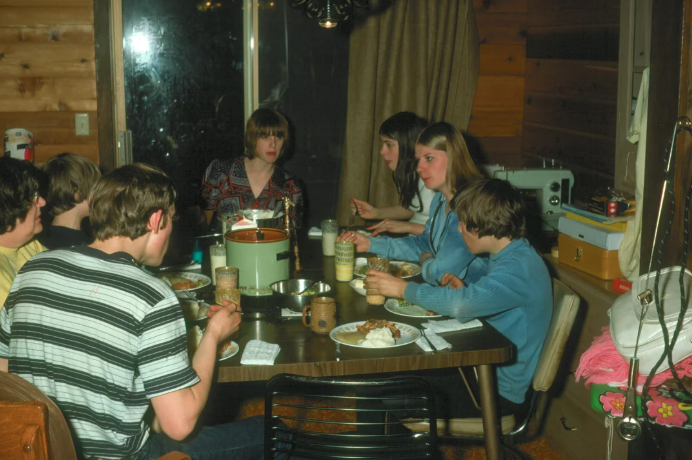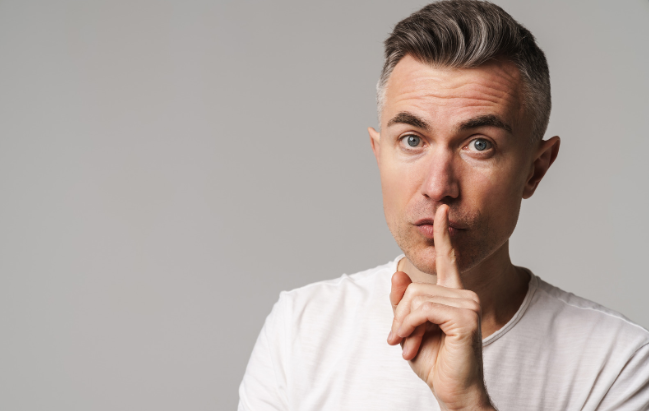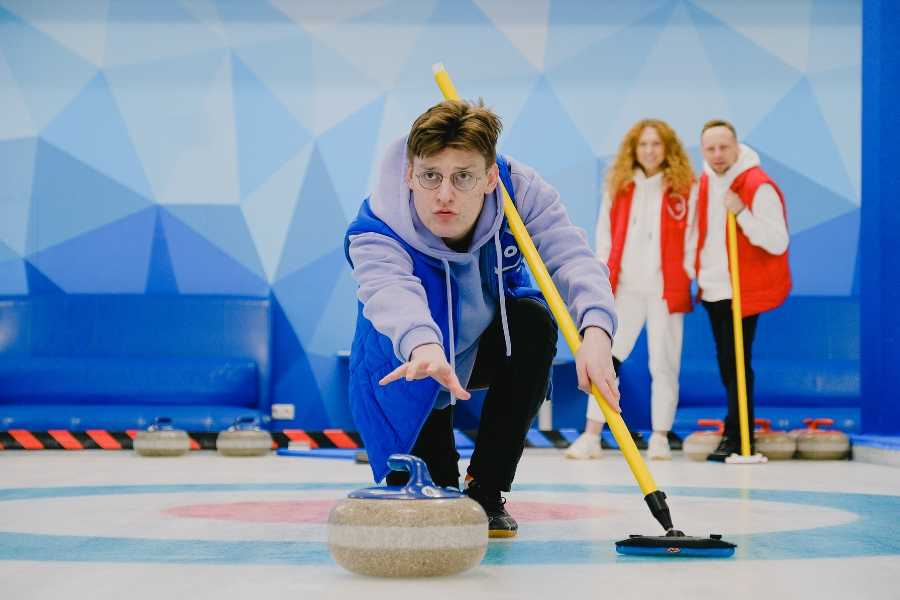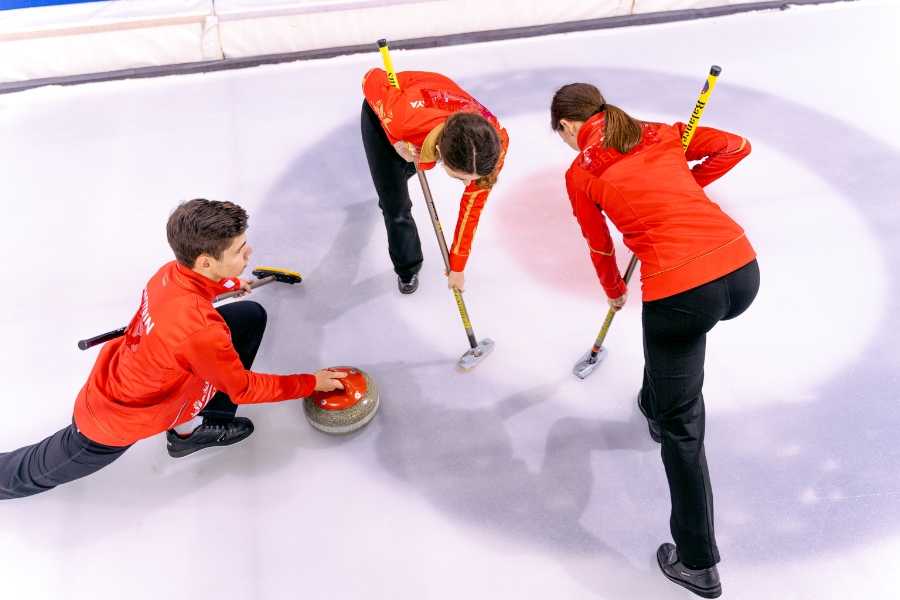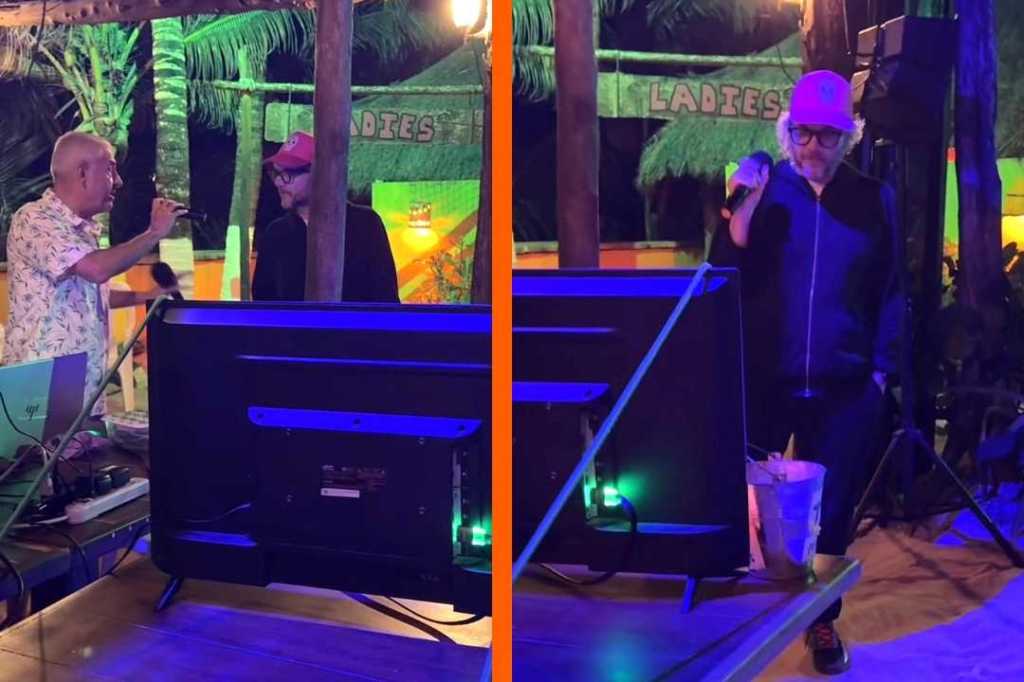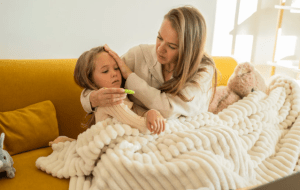As of today, more than 27 million Americans have received at least one dose of a COVID-19 vaccine, a number that exceeds the 26.6 million Americans who have tested positive for the coronavirus.
This milestone is significant for several reasons. Having one effective vaccine developed and distributed less than a year into a novel virus pandemic is extraordinary, much less having multiple vaccines already going into arms at this point. Increasing numbers of vaccinated people is a sign of hope that we may finally able to get out in front of this virus. Those most at risk—healthcare workers and our elders—are first in line for the vaccine, which means theoretically we should see hospitalization and death rates dropping.
But most notably, having equal numbers of people vaccinated as testing positive for the virus offers us a statistical picture of the risk-benefit ratio of the vaccine. Infectious disease specialists have explained that the vaccines are safe and effective, but some people are still wary. People worry about potential adverse reactions or unknown long-term effects of these new vaccines.
Here are the numbers as of now:
COVID cases: 26.6 million
COVID deaths: 450,000+
COVID vaccines: 27 million
COVID vaccine deaths: 0
The first vaccines were administered to trial participants all the way back in March, so it’s not like these vaccines are brand new. They’ve been around almost as the virus. (That’s the beauty of mRNA vaccines—they are very fast to develop.) Of course, the masses didn’t start getting them until mid-December, nearly two months ago. In those two months, we have lost 150,000 Americans to COVID and zero to COVID vaccines.
Before anyone says, “But what about that guy I saw on the news who died after getting the vaccine?!” please remember that correlation does not equal causation. The CDC has determined that there is no link between any deaths that have occurred after someone was vaccinated and the vaccines themselves.
It’s just a numbers game. When you have more than a million people a day receiving the vaccine and 8,000 Americans dying of all causes per day in the U.S., some people are going to coincidentally die after getting a vaccine. That doesn’t mean the vaccine had anything to do with their death.
“These medical events occur every single day, including unexplained illnesses,” Dr. William Schaffner, professor of medicine in the Division of Infectious Diseases at Vanderbilt University Medical Center told ABC News. “The question really is, do they occur at a greater rate in the vaccinated population than they do in the general population?”
So far, not even close. One in every 45,000 Americans dies every day. If a million Americans get the vaccine each day, statistically we’d expect around 20 of them to die from causes having nothing to do with the vaccine. And it’s not like doctors just assume someone’s death wasn’t caused by the vaccine. They investigate it each time it happens.
“The CDC, FDA, CMS and the Department of Defense are all collaborating on a series of surveillance activities for medical events that occur after vaccination,” Schaffner said. “They are looking for these events, gathering and investigating them in a very systematic fashion.”
As of now, we have no vaccine deaths out of the 27 million people who have received one or both shots. There have been a handful of allergic reactions, which prompted a stronger warning for people who tend to suffer from anaphylactic allergic responses, but even those were a statistically tiny number. People do have reactions, which are to be expected—pain and swelling at the injection site and sometimes fever, chills, and body aches. Flu-like symptoms are a sign that the body is doing what it’s supposed to be doing to learn how to fight the virus.
We know the risks of the virus are real, not only for death but for severe illness, hospitalization, and ongoing health problems. We know that some patients end up with long-term effects—organ damage, blood vessel disorders, and more. We know that even people with mild symptoms initially can end up with serious lingering issues. Does it make sense to choose something that we know can have long-term effects, can cause serious illness, and can result in death over a vaccine shown to have none of those risks so far and no scientific reason to believe it will?
Anything new in medicine is bound to make people wary, but hopefully this milestone will help more Americans feel good about getting the vaccine. We’re in a race for time, especially against the more contagious variants of the virus, so the faster we can reach a critical mass of people who are fully vaccinated, the faster we’ll be able to get back to some semblance of normal life.
The U.S. is one of only a few countries to have reached this milestone, which is worth celebrating. With so much struggle and suffering throughout this pandemic, we’ll take all the good coronavirus news we can get.

